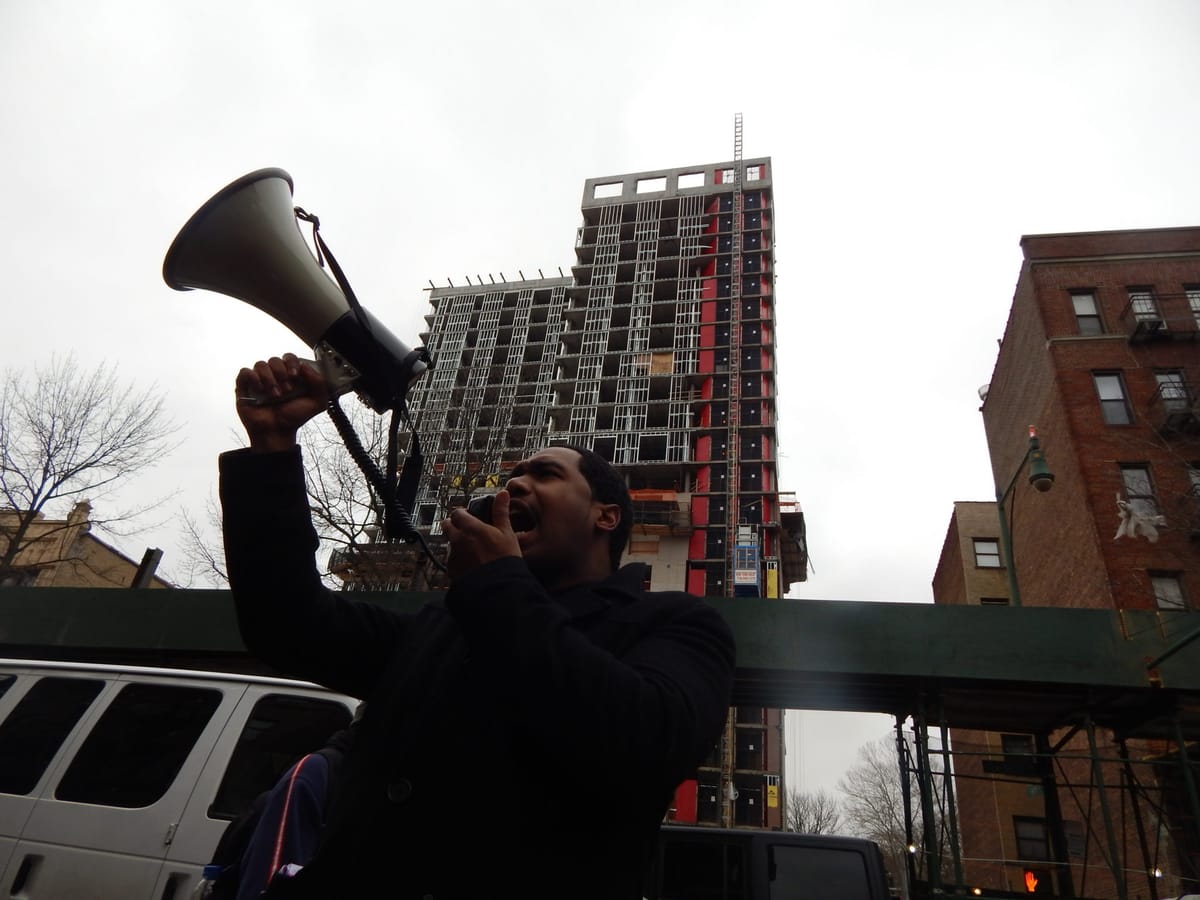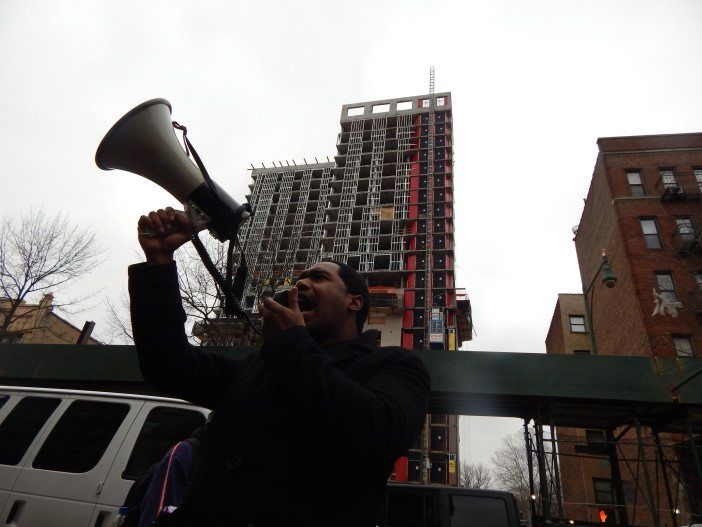Local Council Members Introduce 421-A Oversight Bills


Today, Flatbush Council Member Jumaane Williams and northern Brooklyn Council Member Stephen Levin introduced two bills that would put checks and balances on buildings receiving the 421-a tax abatement.
Williams’ Int.1366 bill would require the Department of Housing Preservation and Development (HPD) to audit the rent registration compliance of a determined number of buildings receiving benefits under the 421-a property tax law. Int. 1359 bill, sponsored by Council Member Levin, would require HPD to audit buildings in the 421-a tax exemption program to make sure they comply with affordability requirements. Together, the bills would require HPD audit at least 20 percent of all buildings receiving 421-a tax abatements, according to a press release from Williams’ office.
Both bills would go into effect one year after being signed into law. If a violation is found, the building would have to be reported to the Department of Finance within 60 days, leading to a revocation of benefits.
The 421-a tax credit program provides housing developers with a major reduction in their New York City property taxes in exchange for setting aside a percentage of their units for affordable housing. The program, which began in 1971, expired last year and must still be renewed by the New York State legislature.
After 10 months of negotiation, the Real Estate Board of New York and city construction unions struck a tentative deal last week to renew the 421-a tax credit program for developers.
421-a has been the subject of major criticism from local City Council Members Jumaane Williams and Brad Lander. Critics also include at least one affordable housing developer, who told us off the record that 421-a is “a giveaway to developers.”
“While it has not had the results many of us hoped for, the 421-a tax abatement has the potential to be a win-win for developers and New Yorkers,” said Council Member Williams. “However, to make sure that this tax incentive is not to the sole benefit of builders, we must ensure there are safeguards in place to guarantee they hold up their side of the deal.”



